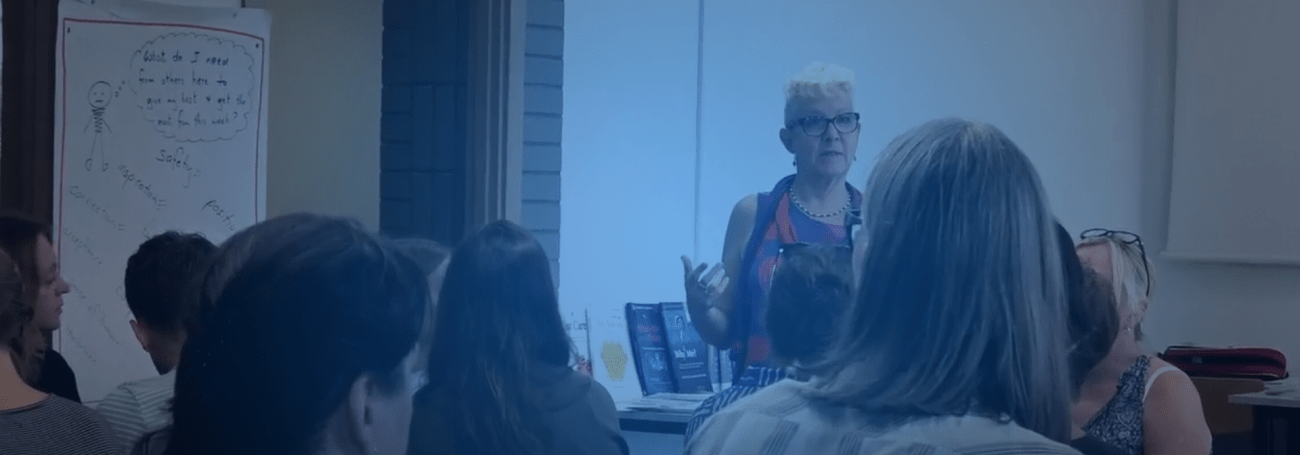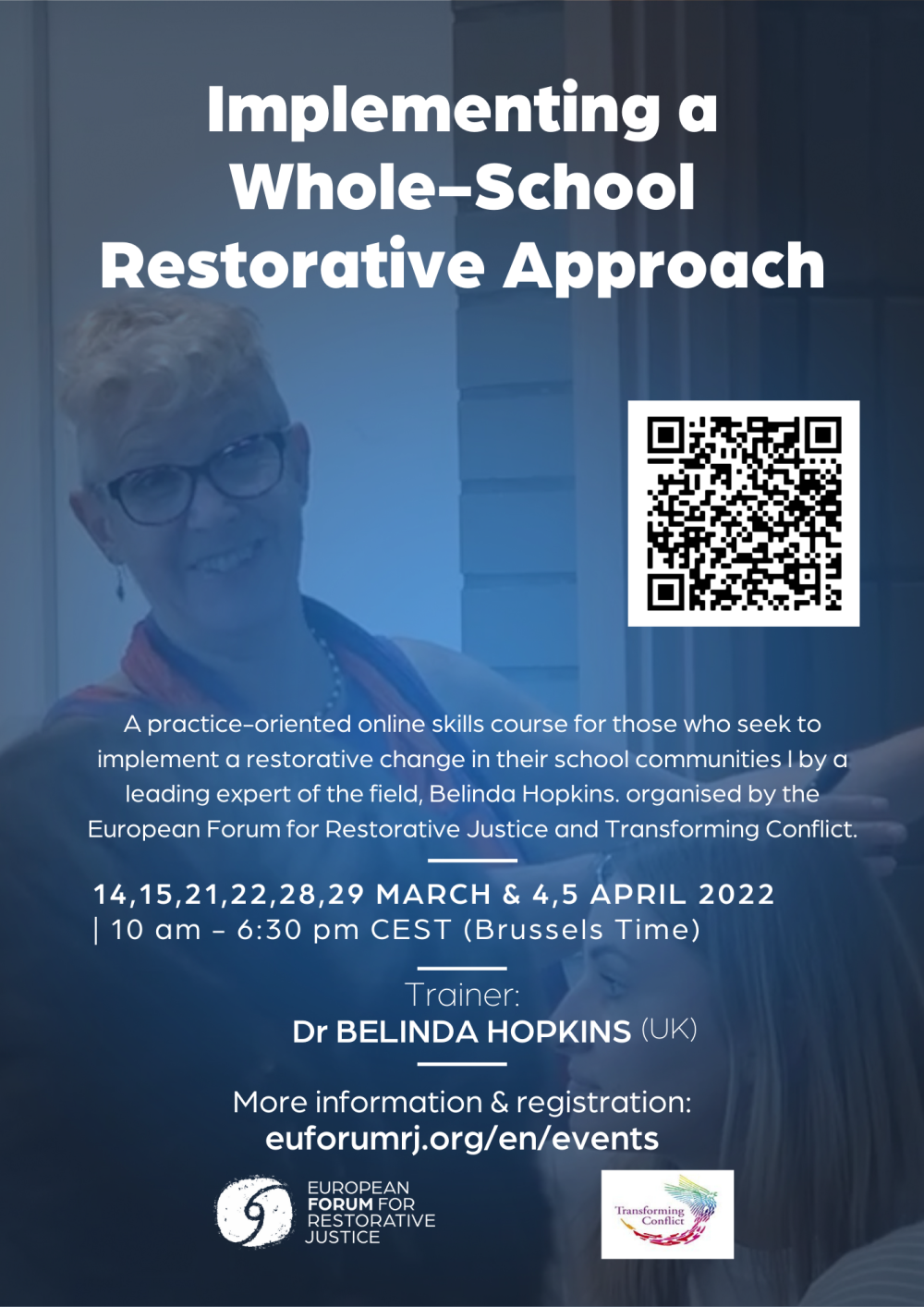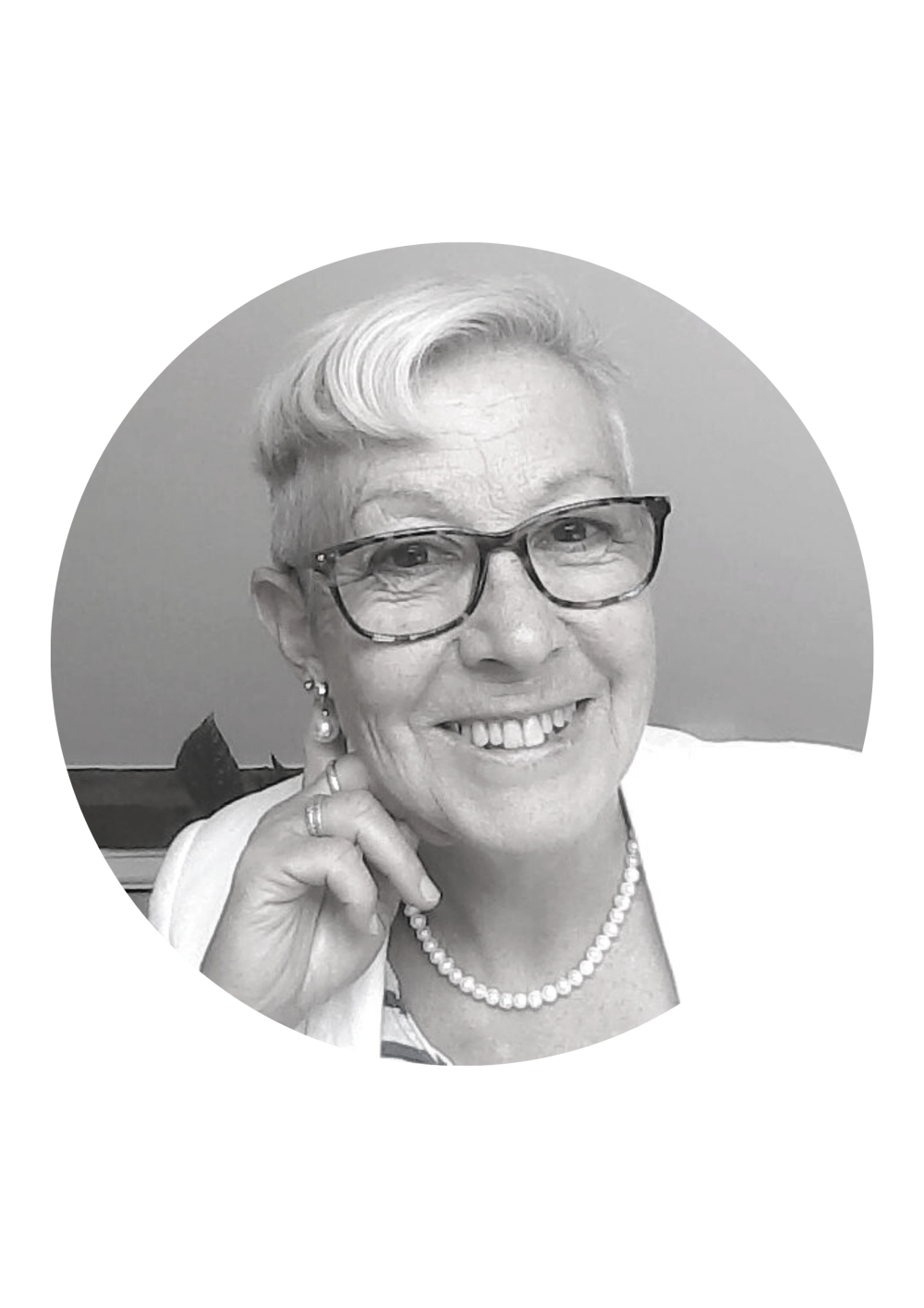
This course is for those working in or with schools that:
- want to put relationships at the heart of the teaching and learning process.
- recognise that strong caring relationships impact on the health and wellbeing of students and educators alike
- seek to create safer, happier learning environments
- are committed to high quality education that focuses on the needs of the whole child
- social, emotional, mental and physical as well as academic.
- value the teaching staff and acknowledge that if their needs are met then they can do the best for the students
- understand the role of the senior leadership team in modelling best practice
- appreciate the role of parents and carers as partners in their child’s education
It is strongly recommended that those attending the course have the status and the authority in the school to effect change, not only in their own classroom or in their role but across the whole school. To that end school managers, principals and senior advisors at local or national level are the most appropriate attendees.
It is also recommended that at least 2 colleagues from the same school or agency attend to support each other in the implementation.
Participants who complete the course will get a certificate of attendance.



